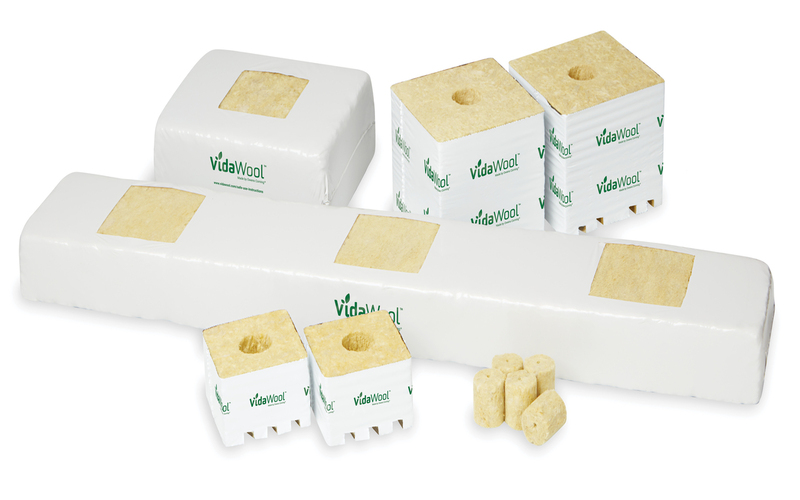Selecting a growing media might seem like a “one and done” decision. But, like many aspects of horticulture, innovations in growing media are bringing a higher level of precision to the growing process. These innovations are prompting cultivators to consider whether it’s time for a switch in their traditional substrate.
As the essential “groundwork” for cultivators’ operations, growing media allows plants to develop their roots and access water, air, and nutrients.
From a control perspective, the selection of medium can contribute to consistency and repeatability from plant to plant and harvest to harvest. With harvest quality and cultivating consistency in mind, here are a few questions that can help growers evaluate whether it’s time to make a growing media switch in 2022.
Where is it made?
Amid historic disruptions in the supply chain and delivery delays, the origin of the growing media should be considered.
No cultivator wants to delay a harvest because essential production components are stuck at a port of entry. Selecting a growing medium produced entirely in North America can help manage the risk of supply chain delays.
How well designed is the material?
You’ll find a wide variety of growing media available in the marketplace. Some are new to the industry, others are developed through generations of horticultural experience.
Owens Corning is using its decades in horticulture to create varieties of mineral wool with different performance properties, including changing its interaction with moisture to either repel or retain water.
These insights prompted the development of Hydro-Xtend water dispersion technology, which enables a precision-based approach to nutrient delivery. The system of growing medium consists of plug, block, and slab components and has a water holding capacity of 80-95%.
How is it made?
Material matters when it comes to nurturing a plant and defending against threats like algae and UV light infiltration. Selecting a growing media with tightly wrapped slabs can help keep nutrients and water in desired parts of the plant.
Similarly, using blocks equipped with UV protection can reduce a plant’s exposure to light while also guarding against algae and bacterial growth.
Finally, consider the material composition. Choosing a mineral wool manufactured with at least 70% recycled content can help contribute to growers’ environmental sustainability efforts.
How easy is it to use?
Material matters and in a volatile labor market, ease of handling is essential when working with a growing medium. There are many varieties of substrate to choose from, each with their own benefits and limitations.
Mineral wool, for instance, is lightweight, quick to set up, and some providers can offer optimally-spaced precut holes to reduce the labor required to set up a room.
Some types of mineral wool can be used comprehensively with plants moving from plugs, to blocks, to slabs as they develop. If you’ve been considering a switch in growing media in 2022, these questions should help you better understand your options and make an informed decision.
This article was first published in the winter 2021 issue of Cannabis & Tech Today. Read the full issue here for free.






